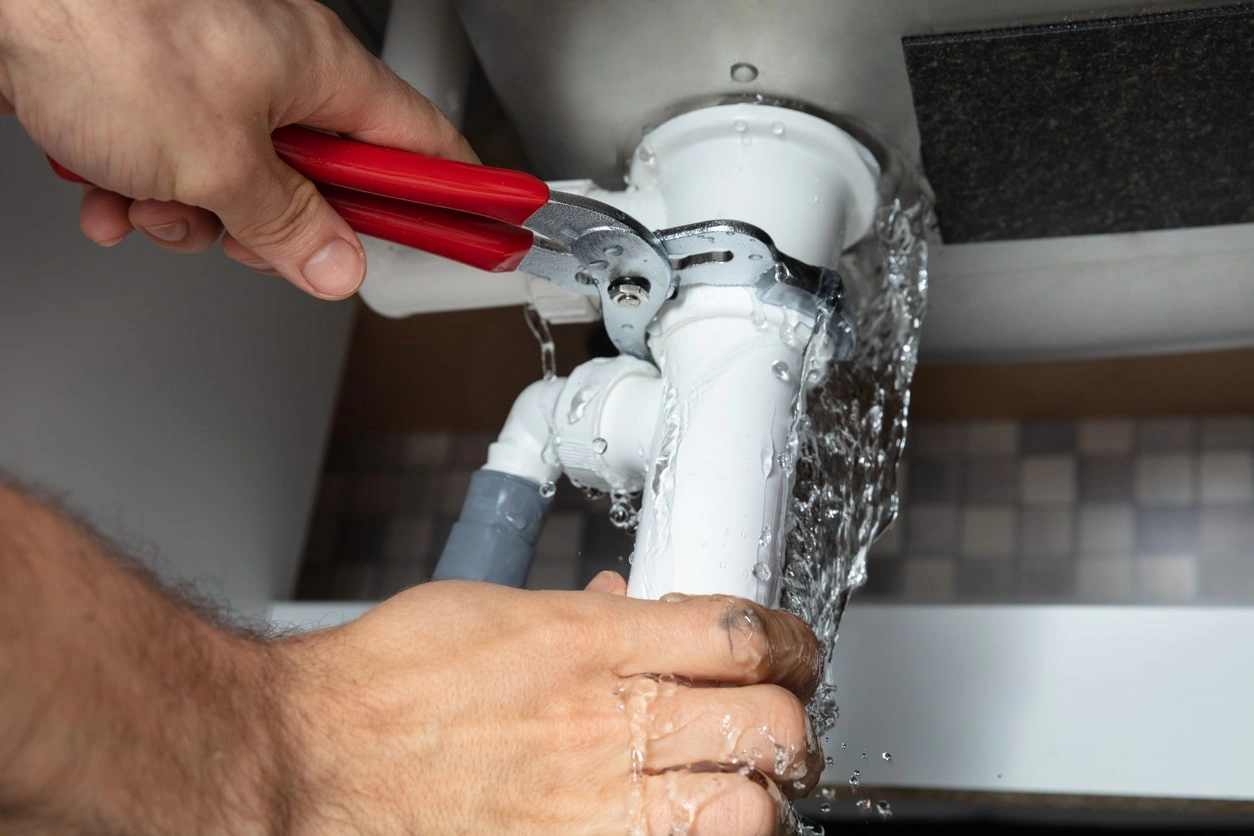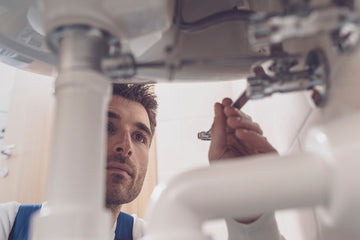In todays technological age, the assurance of safety and efficiency in water management systems is pivotal. A water sensor with a low battery alert is not just an advanced gadget; it's a critical component for flood prevention and leak detection. Designed to ensure that systems are running effectively without interruption, these sensors notify users when its time to replace the batteries, preventing unnecessary disasters.
Industry QA professionals are particularly interested in the reliability and functionality of these sensors to avert costly water-related damages. Implementing a system that promptly signals a low battery can be a game-changer in maintaining operational control. If your current systems dont have this alert feature, exploring options to upgrade may be worthwhile. [Smart Water Leak Detectors Explained](https://www.springwellwater.com/smart-water-leak-detectors-explained/).

The Importance of Battery Alerts in Water Sensors
Water sensors play a crucial role in early leak detection, reducing the risk of severe damage by sounding an alert at the first sign of trouble. However, a sensor is only as reliable as its battery. Failure to address a depleted battery could mean the difference between a minor inconvenience and a significant financial burden.
A robust low battery alert system saves time and money by preventing unnecessary, unexpected downtime. This is especially critical in industries where liquid leakage can lead to hazardous conditions or production delays. Industry QA teams must ensure that the devices they opt for integrate a dependable alert mechanism. You can learn more about the importance of [long battery life leak detectors](https://dripx.io/blogs/our-insights/long-battery-life-leak-detector).
How Water Sensors with Battery Alerts Work
When it comes to safeguarding industries and homes alike, understanding how these systems operate is critical. A water sensor detects moisture levels through a set of fine-tuned electrodes. Once moisture is detected, it triggers an alert system connected via Wi-Fi, Bluetooth, or a local network that informs stakeholders of potential issues.
Battery Alert System in Action
The battery alert function checks the remaining power and sends a notification through the same network channels. Alerts can be programmed via mobile or web applications, offering real-time updates to users so they can take proactive steps before the sensor stops working due to a dead battery.
Smart leak detection systems are becoming a standard, not an option. It's leading industries towards more efficient processes while safeguarding their assets. Discover the pros and cons of such systems [here](https://www.bestbuy.com/discover-learn/pros-and-cons-of-smart-leak-detection-systems/pcmcat1637704500010).
Benefits for Industry QA: Beyond Basic Detection
For Industry QA, utilizing water sensors with low battery alerts is critical for comprehensive safety and efficiency measures. The immediate benefits include:
- Technical Supervision: QA teams have superior monitoring capabilities due to constant updates on leak detection and system power status.
- Time Efficiency: Automation of alerts means less manual inspection, allowing teams to focus on more critical oversight tasks.
- Cost Reduction: Preventing water damage before it escalates significantly cuts down repair costs and operational disruptions.
Delve into more sophisticated leak detection systems like the [pipe burst detection insights](https://dripx.io/blogs/our-insights/pipe-burst-detection) to enhance your toolset further.
Considerations When Choosing Water Sensors
When planning to integrate or upgrade water sensors, several factors must be accounted for:
- Range of Detection: Depending on the environment, ensure the sensor coverage is adequate for effective monitoring.
- Network Compatibility: Ensure sensors can communicate effectively with existing network systems.
- Battery Life: Opt for products labelled as having extensive battery life and dependable alerts. Consider these factors for [battery backup leak alarms](https://dripx.io/blogs/our-insights/battery-backup-leak-alarm).
In summary, incorporating a water sensor with a low battery alert into your infrastructure is a wise strategy for maintaining high efficacy and minimizing risks.

FAQs
Why are low battery alerts so important in water sensors?
Low battery alerts are crucial because they prevent sensors from stopping abruptly, which can risk undetected leaks causing significant damage.
How often should water sensor batteries be checked?
Its best to routinely check sensor batteries every six months; however, with a low battery alert system, you'll receive notifications as battery levels lower, prompting replacements before failure.
Can water sensors with battery alerts integrate with smart home systems?
Yes, many advanced water sensors are designed to integrate seamlessly with smart home systems, enhancing automation and control over home safety features.
For more insights on smart home water leak detection devices, see this comprehensive guide [here](https://www.travelers.com/resources/home/smart-home/4-smart-home-leak-detection-devices-to-help-avoid-water-damage).






